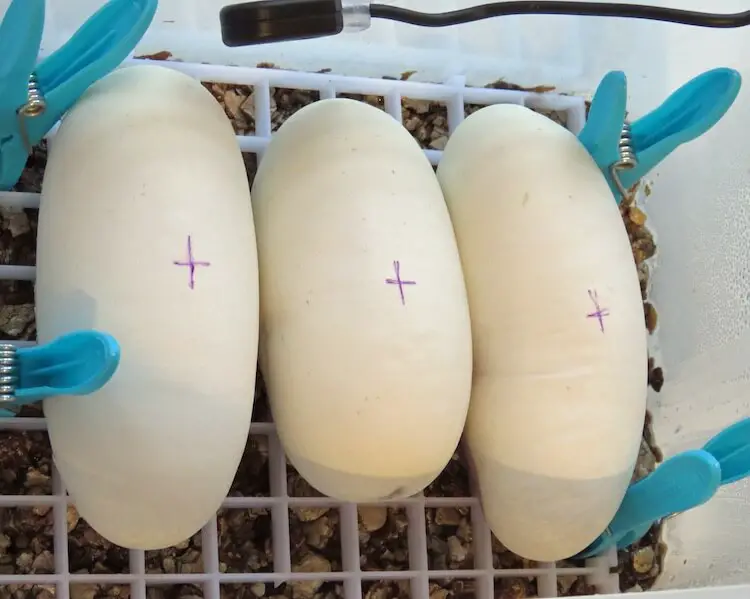
What is it? Perlite is a rock that forms when lava cools very rapidly (volcanic glass).
HOMEMADE INCUBATOR FOR BALL PYTHON EGGS HOW TO
Be cautious of too much moisture when using any incubation media as it can cause more harm than good.īuy Organic Vermiculite on Amazon How To Use Vermiculite For Incubation

Vermiculite is a better choice for most tropical reptile species that need higher humidity levels to prevent the egg from drying too fast. This also helps to keep the eggs firmly in place to resist being repositioned or rotated when the incubation container is moved. This helps to cradle the egg in a way that will keep it moist without sitting in a pool of water leading to mold issues, or premature decaying. The ability to mold and form vermiculite comes in especially handy when placing eggs into the media. The unique water absorbing properties of vermiculite turn it into more of a clay-like consistency that can be molded and compressed without turning to mud like clay would. The texture of processed vermiculite feels closer to very small, soft, and dusty wood chips rather than rock hard, or sandy. This is the form that you buy and may recognize.

It is the heating process that expands the material into the commercially available form. These rocks essentially decompose due to chemical reactions over time, which are then mined and undergo a manufacturing process that heats the minerals. What is it? Vermiculite is mined from rocks that contain crystals of the minerals biotite and iron-bearing phlogopite. If you’re looking for a super reliable and budget friendly incubator, read our Zoo Med Reptibator Review Vermiculite Both are affordable, but they do have some different characteristics.

Substrateįortunately both vermiculite and perlite are proven effective at consistently hatching reptiles. Higher temperatures will create more condensation, so mixing in dry media could be required from time to time. You should be checking for condensation on the eggs and container about once a week, or at least every 10-14 days. This really depends on the temperatures, and humidity. How much maintenance will you be doing throughout the incubation period? All of which are effective, but some might require slightly more maintenance to adjust moisture and humidity. Incubation containers can vary from Tupperware, deli containers, Plano tackle boxes, and incubation trays. What type of container will you be incubating the eggs? If you find it challenging to increase, or maintain, moderate to high levels of humidity where your reptiles are kept then you might want to opt for vermiculite as it retains more moisture than perlite

For the majority of desert dwelling species, plan on incubating on incubation media that doesn’t retain as much moisture.ĭo you struggle to maintain high humidity in your reptile room? If you are breeding a tropical species, most likely a high humidity environment will be required for successfully hatch rates.


 0 kommentar(er)
0 kommentar(er)
